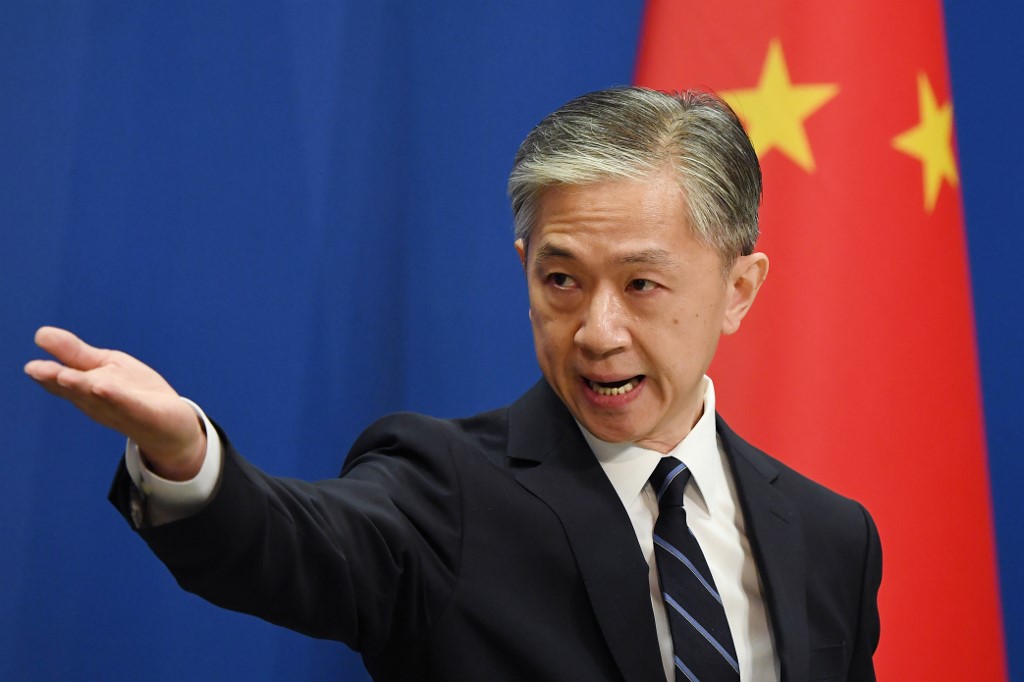(ATF) Financial markets slid on escalating Sino-US tensions as Beijing ordered the closure of the US consulate in Chengdu in retaliation for the closing of the Chinese consulate in Houston, ordered by Washington last Tuesday.
Hostilities are unlikely to calm down any time soon as US Secretary of State Mike Pompeo criticised China in a speech prior to China’s decision.
“Given elections loom in the US in November, it is extremely unlikely that the relationship will return to a positive path before then,” Everbright Sun Hung Kai analysts said in a research note.
“Certainly the rhetoric will be heated and further disputes are likely to flare up. Both Democrats and Republicans are playing up their credentials as being tough on China.”
Analysts are worried this may spill into trade with the Phase-1 US-China trade deal under threat. This comes at a time when economic recovery is stuttering.
“Concerns over the economic recovery in the US are weighing on risk sentiment,” said Fiona Cincotta, a market analyst at forex broker City Index.
“Adding to the risk adverse mood, China ordered the closure of the US consulate in Chengdu, in a tit-for-tat move following the shutting of the Chinese consulate in Houston. Fears are growing over the stability of the Phase-1 trade deal,” she said.
Data yesterday showed that the US labour market recovery was stalling as the US struggles to get control of the coronavirus outbreak. The number people signing up for unemployment benefits saw a weekly increase to 1.4 million, up from 1.3 million. The rise came as parts of California and the sunbelt re-impose lockdown measures in an attempt to slow the spread of the coronavirus.
While the economy is stumbling politicians have been unable to agree on a further level of support.
Republicans and Democrats on Capitol Hill have failed to reach an agreement on further stimulus ahead of the expiry of desperately needed unemployment benefits.
Markets down, gold up
So, investors were not impressed. Australia’s S&P ASX 200 slid 1.16% and the Hang Seng index retreated 2.21%. Mainland China’s CSI300 index has tumbled 4.39% to be the regional underperformer, lagging the MSCI Asia Pacific ex-Japan index which fell 1.74%. Gold hovered around all-time highs, rising 0.4% to $1,894 per ounce.
The weakness in the dollar continues, with the greenback extending its slide this week as data raised doubts about the speed of the US recovery. The dollar index, is near a two-year low against a basket of currencies. It is currently at 94.80.
“The dollar is on the verge of a significant breakdown. If the DXY punches through 94, it will likely mark the beginning of a structural bear market,” Chester Ntonifor, BCA Research Foreign Exchange Strategist, said.
ALSO SEE: Ambani is the world’s fifth richest as Reliance deals flow
Macau casinos see huge losses as virus slams travel
Banks, investors may chase a falling supply of new bonds in 2H
























